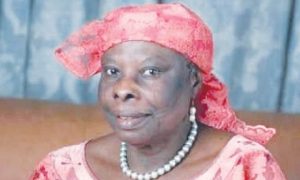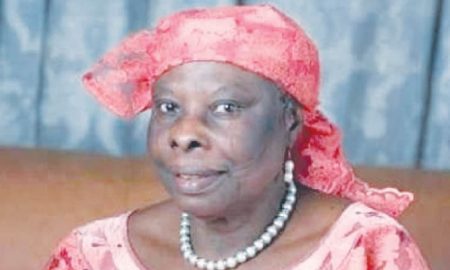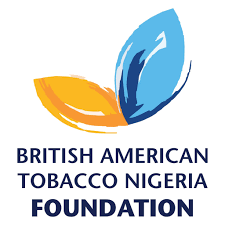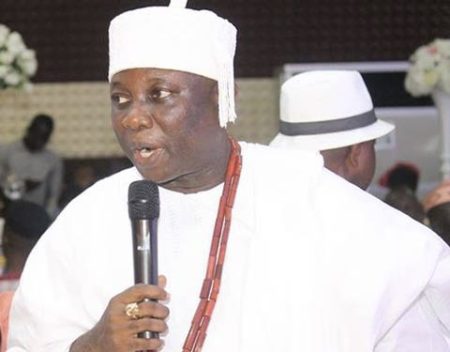Nigerian seafarers are urgently calling for reforms within the nation’s maritime industry, citing persistent harassment, inadequate welfare provisions, and a lack of structured support systems as critical issues plaguing their profession. These concerns were brought to light during the 2025 Day of the Seafarers event held in Lagos, a collaborative effort between the National Seafarers’ Welfare Board of Nigeria and the Mission to Seafarers. The event, themed “My harassment-free ship,” served as a platform for seafarers, legal professionals, and maritime experts to discuss the pervasive issue of harassment and advocate for tangible improvements in working conditions within the sector.
The prevailing sentiment expressed by seafarers is that the maritime industry needs to move beyond mere policy pronouncements and actively enforce anti-harassment frameworks. Osuala Emmanuel Nwagbara, Managing Partner of the Maritime and Commercial Law Chambers, emphasized the importance of implementing risk assessments and establishing confidential reporting mechanisms on all Nigerian-flagged vessels. He argued that the unchecked escalation of onboard abuse, ranging from verbal intimidation to discriminatory practices, poses a significant threat not only to the mental well-being of seafarers but also to operational efficiency and safety at sea. Nwagbara highlighted the interconnectedness of these issues, stressing that a hostile work environment negatively impacts team cohesion, compromises safety protocols, and ultimately reduces productivity, resulting in detrimental consequences for seafarers, shipowners, and the national economy.
Funmi Folorunso, Secretary General of the African Shipowners’ Association and Lagos Secretary of the Mission to Seafarers, acknowledged the resilience of Nigerian seafarers, particularly women who face the additional challenge of navigating a predominantly male industry. She emphasized that enacting meaningful change requires not only the implementation of legal instruments but also the institutional courage to enforce these protections effectively. Folorunso’s remarks underscored the importance of moving beyond symbolic gestures and taking concrete action to protect seafarers’ rights and ensure their well-being.
Further insights into the challenges faced by female seafarers were provided by Alalade Matthew, a class surveyor. While acknowledging the progress made by Nigerian shipowners in providing opportunities for women at sea, he stressed the ongoing need for establishing clear boundaries, fostering teamwork, and promoting mutual respect onboard vessels. Matthew’s observations highlighted the importance of creating an inclusive and respectful work environment where female seafarers can thrive and contribute their skills and expertise without facing discrimination or harassment.
The strategic decision to hold the event in Lagos, Nigeria’s commercial maritime hub, despite the national observance taking place in Port Harcourt, was commended by Rev. Francis Aduroja, Chaplain of the Mission to Seafarers. This choice reflects the significance of Lagos within the maritime industry and emphasizes the need for focused attention on the challenges faced by seafarers in this crucial commercial center. Aduroja urged greater unity within the maritime community, calling for industry leaders to provide seafarers with more platforms to voice their concerns freely without fear of reprisal. This call for open communication underscores the importance of creating a safe and supportive environment where seafarers can report harassment and other issues without fear of retaliation.
In summary, the 2025 Day of the Seafarers event served as a critical platform for raising awareness about the persistent challenges faced by Nigerian seafarers, particularly the prevalent issue of harassment. The event brought together key stakeholders, including seafarers, legal experts, and industry representatives, to discuss the urgent need for reforms. The discussions emphasized the importance of moving beyond policy rhetoric to implement concrete measures, such as enforcing anti-harassment frameworks, establishing confidential reporting mechanisms, and fostering a culture of respect and inclusivity within the maritime industry. The event also highlighted the specific challenges faced by female seafarers and the need for greater unity and open communication within the maritime community to address these issues effectively. The overarching message was clear: creating a safe, supportive, and harassment-free environment for all seafarers is essential not only for their well-being but also for the overall health and prosperity of the Nigerian maritime sector.













